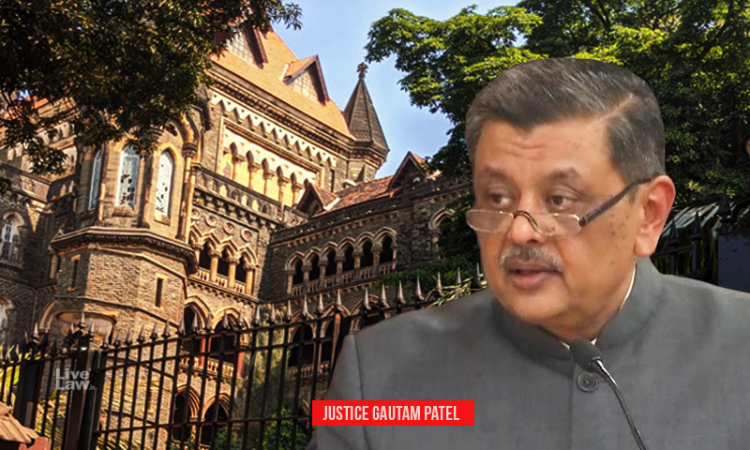Counsel's Failure To Argue Written Submissions Not A Ground For Review: Bombay High Court
Sharmeen Hakim
16 Aug 2021 9:35 PM IST

Next Story
16 Aug 2021 9:35 PM IST
In an important order, the Bombay High Court has observed that written submissions in a dispute become immaterial if the litigant's counsel doesn't rely on them before the court of the first instance.The Bench went on to add that those submissions cannot subsequently be used to challenge any order. "Counsel's failure to argue written submissions is not a ground of review or, I dare...
